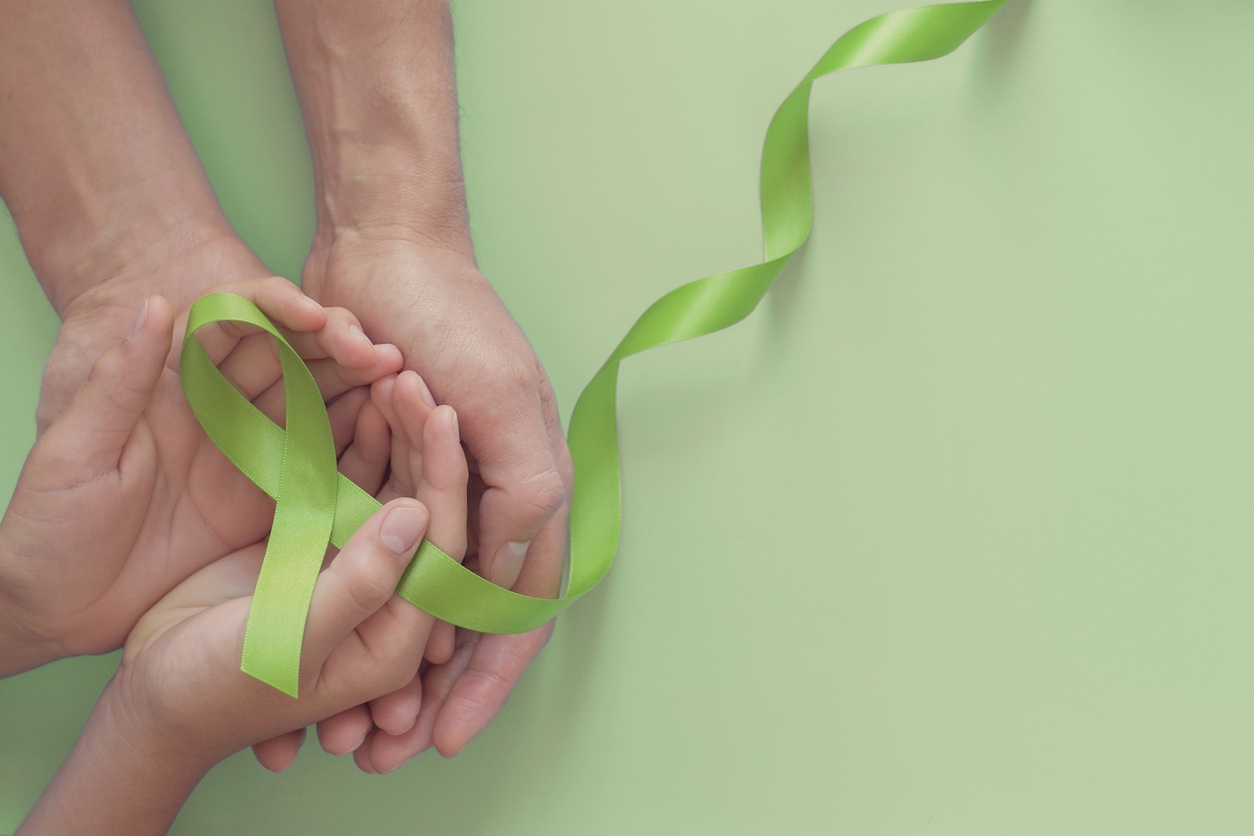Understanding Pre-Evaluation Consultations
Medically Reviewed by Mark Hrymoc, M.D., Chief Medical Officer, double-board certified in General & Addiction Psychiatry In today’s fast-paced world, mental health awareness is more important than ever. For many, seeking help can be a daunting step, often clouded by uncertainty about what to expect. At the Mental Health Center, we offer Pre-Evaluation Consultation Services designed to demystify the process and provide a supportive entry point into mental health care. What is a Pre-Evaluation Consultation? Though not mandatory, a Pre-Evaluation Consultation is an initial meeting that helps family members and concerned parties of prospective new patients gain a clearer understanding of the prospective patient’s mental health needs. This service is tailored for those who may be unsure about pursuing therapy or counseling. During this consultation, family members have the opportunity to discuss their concerns in a confidential, judgment-free environment. This is a service for family members of potential patients that …






